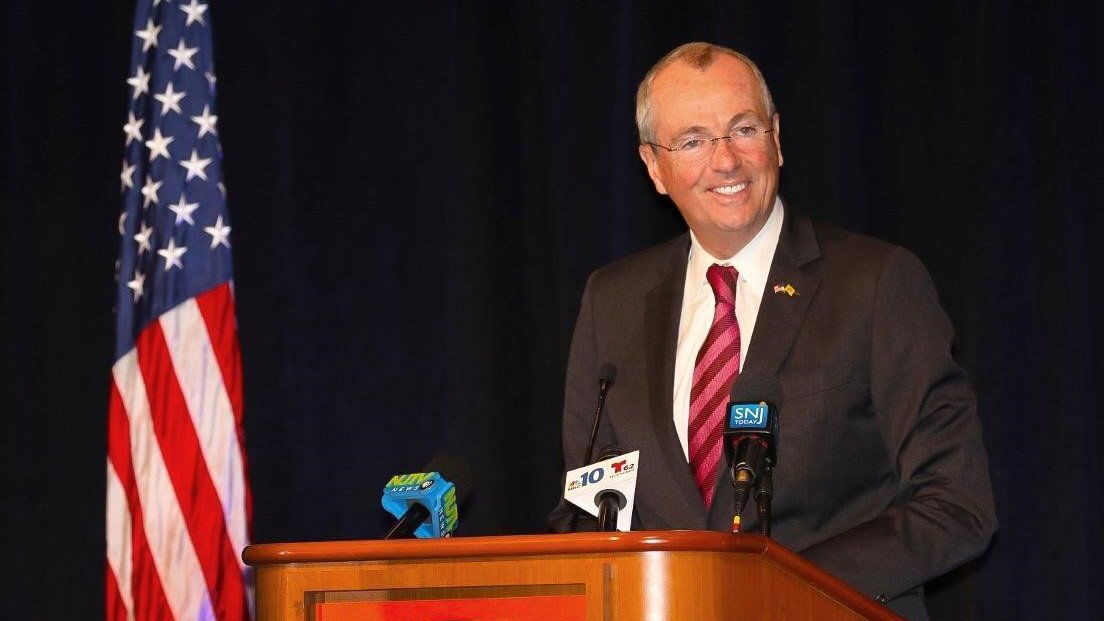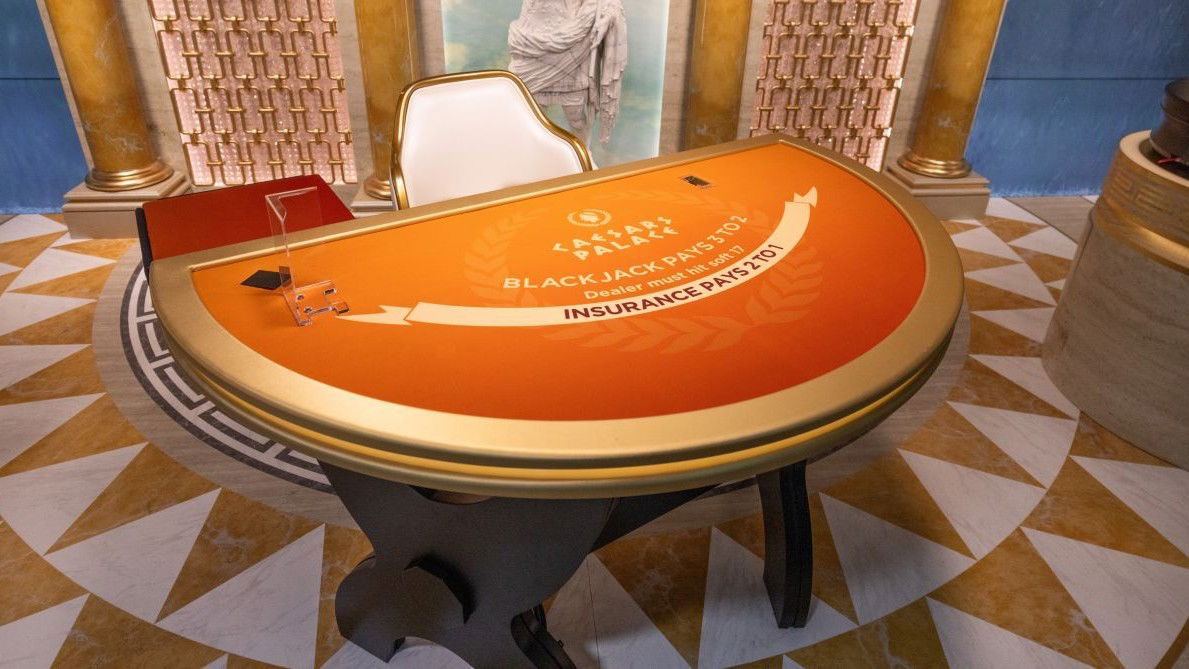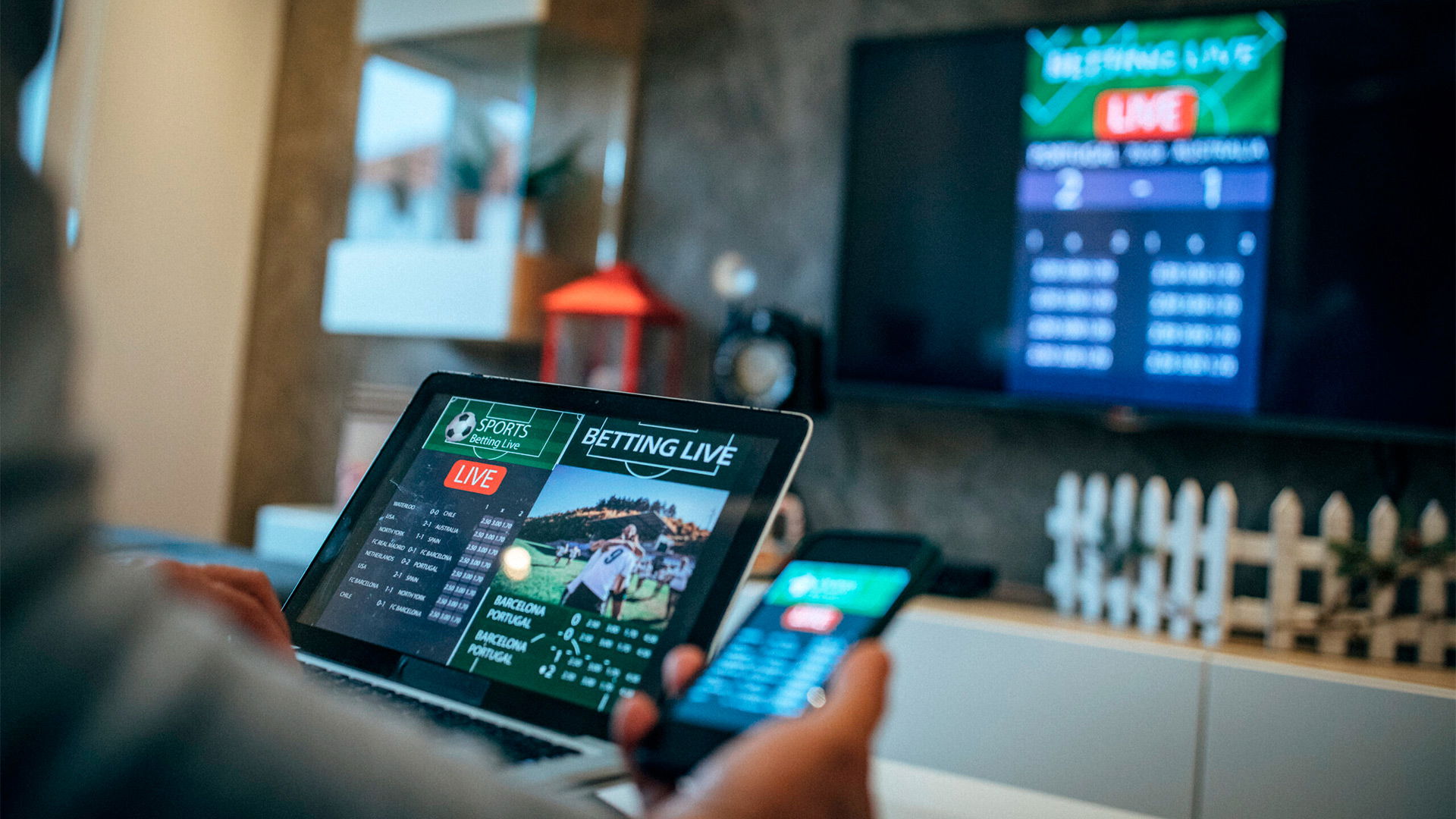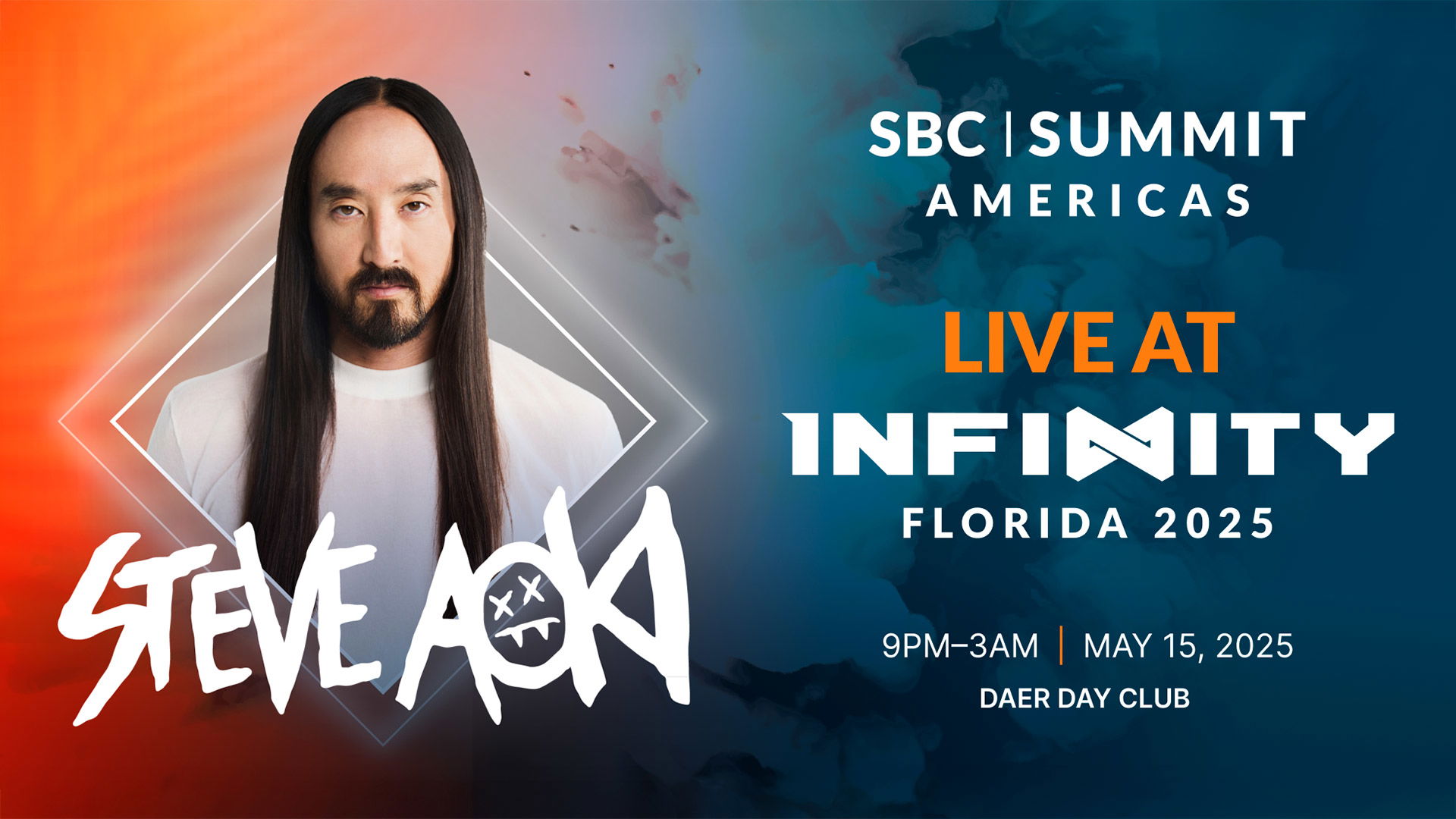Missouri lawmakers facing tight deadline for passing video lottery bill
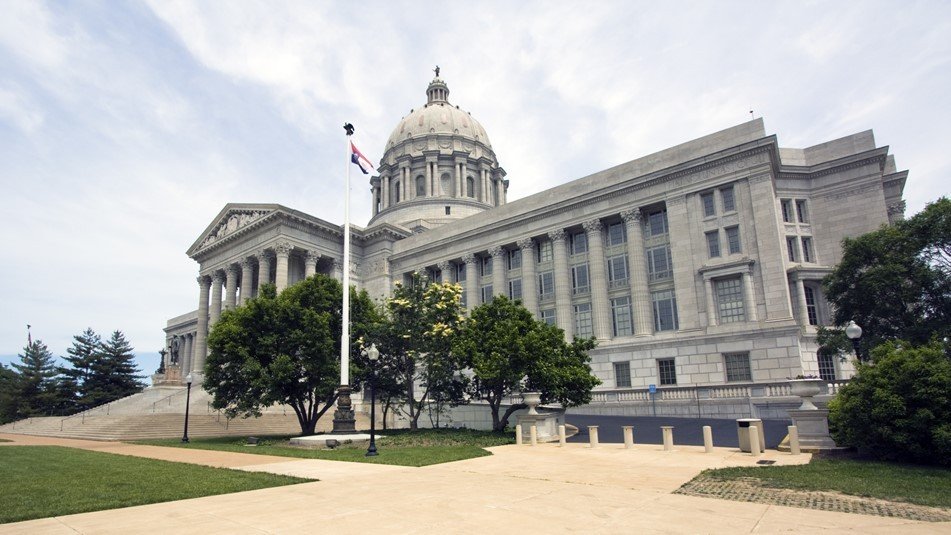
With only weeks remaining in Missouri’s legislative session, a bill to legalize video gambling machines under the Missouri Lottery has made progress in the House but faces uncertain prospects amid divided opinions and competing interests.
The bill, first introduced in late January, quickly cleared its initial committee in under two weeks. However, progress slowed as it awaited further action. A month later, the House Rules-Legislative Committee approved it for debate, but it remains unclear whether the House will vote on it before the session ends in May.
The legislation is sponsored by Republican Rep. Bill Hardwick of Dixon and backed by House Speaker Jon Patterson of Lee’s Summit, though Patterson has expressed doubts about full GOP support. “It’s a matter of, do we have a majority of the people in the chamber that feel the same way?” Patterson said. “That I don’t know.”
For years, Missouri lawmakers have tried and failed to expand legal gambling through video lottery games and sports betting. These efforts have also aimed to curtail the widespread use of unregulated “gray market” machines that offer cash prizes in venues across the state.
Patterson pointed to the popularity of these devices as one reason to support the bill. “If people are doing it, I would rather have them regulated and taxed and to make sure that kids aren’t doing it,” he said.
To gain support, Hardwick has revised the bill. A pending amendment would limit each location to eight machines and allow local governments to hold votes on whether to permit video lottery terminals.
Another change removed language that would have banned gray market machines. Instead, businesses can choose between keeping their current machines or switching to regulated lottery devices, but not both.
Hardwick has been lobbying fellow lawmakers individually. “I think that we can pass it out of the House,” he said. “I think that we should pass it out of the House.”
Supporters argue that regulated video lottery could help address funding shortfalls in public education. The bill is projected to generate $112 million in its first year and up to $350 million annually once fully operational.
Governor Mike Kehoe declined to recommend a $300 million increase in school funding, calling it too expensive. Hardwick sees the proposal as a way to raise revenue without raising taxes. “By making a few regulatory and structural changes, we could change revenues without raising taxes on people,” he said.
Opposition remains strong. Casino companies have long resisted the video lottery proposal. Michael Winter of the Missouri Gaming Association said unregulated machines have cut into casino traffic, with visits down 25% since 2019.
“What the figures say is that small-dollar players are choosing to play the unregulated machines,” he said. He also questioned the legality and oversight of proposed video lottery terminals. “They don’t have set aside rooms,” Winter said. “They don’t have licensed personnel overseeing the machine.”
Andy Arnold, a lobbyist for video lottery vendor J & J Ventures, said changes in the amendment were necessary to address concerns. He believes a narrow bipartisan majority can push the bill through the House.



